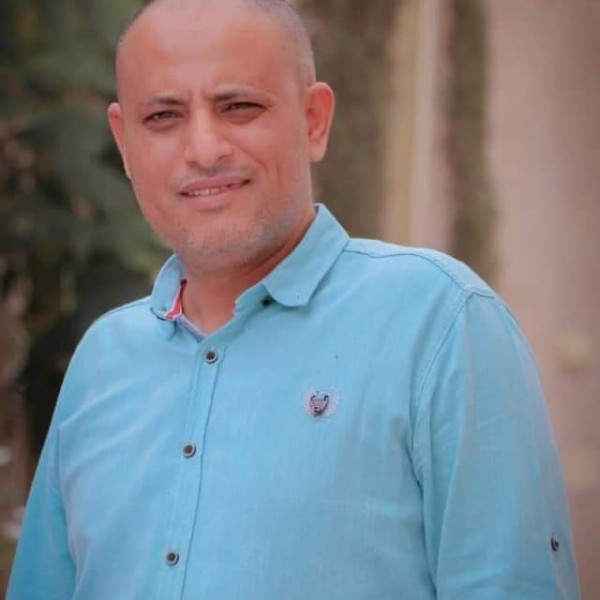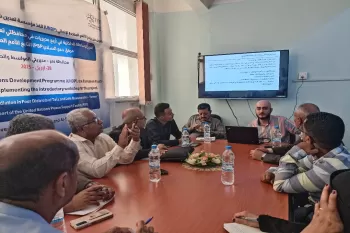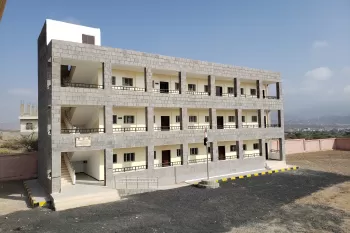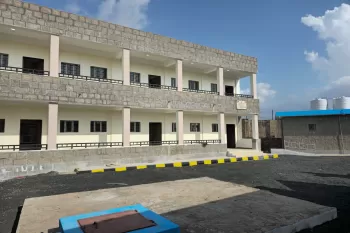Yemen Civil Society Organizations and the Absence of Partnerships
Despite the vital role they have played and still during the years of war that have raged since 2015, we, in civil society, are well aware of the magnitude of the obstacles and difficulties facing the work of local organizations in Yemen by the UN, international organizations and donors, government agencies, local authorities and the private sector. Local organizations were the only present in preserving the last breath of people in urban and rural areas when government institutions were absent, services collapsed, many financial and business men left the country to invest their money abroad. The UN and international organizations were also unable to reach communities in conflict areas because of their fear for the lives of their staff.
Today, after seven years of local organizations work in the areas of emergency humanitarian response, restoration of services and livelihoods and maintenance of social cohesion, Yemeni local organizations have accumulated experience in humanitarian and development work. Many of them have applied global standards in governance, transparency and accountability. Thousands of volunteers joint these organizations, which were their first stop. Now, they are qualified staff attracted by the UN and international organization that eschew genuine partnership commitments with local organizations by localizing humanitarian action in Yemen and implementing the contents of the "Grand Bargain" and the "Charter for Change."
At a time when local organizations were first responding to the distress of civilians from the inferno and consequences of the catastrophic war, they carried out duties and tasks that were primarily the responsibility of government institutions and local authorities obliged to provide these services. Yemeni CSOs are now subjected to bureaucratic obstacles and procedures, and arbitrary requirements and restrictions by government bodies, ministries and public bodies, which are supposed to be the primary and effective supporters of local organizations and of the localization of humanitarian action in Yemen, because the presence of active and local organizations eases much of the burden on Government bodies and supports their efforts in providing services and meeting the needs of the residents, so local organizations are present before, during and after crises.
Despite our tireless efforts in CSOs to build a genuine partnership with the private sector for construction and development in Yemen, it eschews from activating social responsibility that has a real impact and change in the reality of communities, and demonstrates the national role of the private sector towards this country, which represents the consumer market for its products and incubator for its investments.
We, in CSOs, are aware of the difficulties and challenges facing the private sector and capital, including the deterioration of the investment climate, the double taxation, the significant increase in customs duties on non-essential goods. However, this does not relieve the private sector of its social responsibilities, build a genuine partnership with CSOs, support their proposals and projects in local development, environmental conservation, entrepreneurship, and provide finance, facilities and soft loans to SMEs. Therefore, without building a genuine partnership between CSOs, the private sector and government bodies, post-conflict reconstruction or stabilization and economic and development advancement will remain highly unlikely.
We also have a responsibility to recognize our role, to know our weaknesses and strengths, to bring together our vision and objectives, and to develop channels of communication and dialogue with all partners, parties and UN and international organizations as a unified entity with a strong and active presence representing society in its various categories and segments.
The continued role of CSOs as implementing partners for the programs and projects of the UN and international organizations, their little bit of work, their inability to access and obtain direct funding, and their dependence on donors to identify priorities and interventions pose real challenges to the sustainability of local organizations.
Local CSOs are now at stake and testing for practical implementation for the “Localization of Humanitarian Action Initiative in Yemen, which I had the privilege of sponsoring and coordinating its launch, and taken on many responsibilities and difficulties. However, what motivates me to move forward is the serious interaction of colleagues in civil organizations and institutions, the positive response of government officials, our meetings with the Humanitarian Coordinator and the Director of OCHA Office in Yemen, the Secretary-General of the Supreme Council for the Coordination of Humanitarian Affairs (SCMCHA), the Ministry of Planning and International Cooperation in Aden, Representatives of a number of international organizations, Arab and international civil networks and coalitions, and the General Federation of Chambers of Commerce and Industry. We have seen recognition of the legitimacy of the “Localization of Humanitarian Action,”. We very much hope and have full confidence in a unified strategy of genuine partnership with all parties to serve peace, stability and reconstruction in order to achieve common goals for all.
Finally, I call on all colleagues of CSOs to sense our role, to unite our vision and to change the negative image of us. I also appeal to Government bodies to believe in the role of CSOs as a true partner in peace-building and development. The private sector must move from charitable work that does not go beyond charity to activating social responsibility, the results of which are seen by local communities. Donors and UN and international organizations should recognize that improving the effectiveness, impact and efficiency of humanitarian action will be possible only by localizing humanitarian action in Yemen through the “Grand Bargain” and the “Charter for Change” localization agenda and commitments, linking the humanitarian response to development and economic empowerment, and strengthening the role of local organizations in the humanitarian system.
Hussein Al-Suhaily
* Coordinator of the Humanitarian Action Localization Initiative in Yemen – Chairman of Tamdeen Youth Foundation




